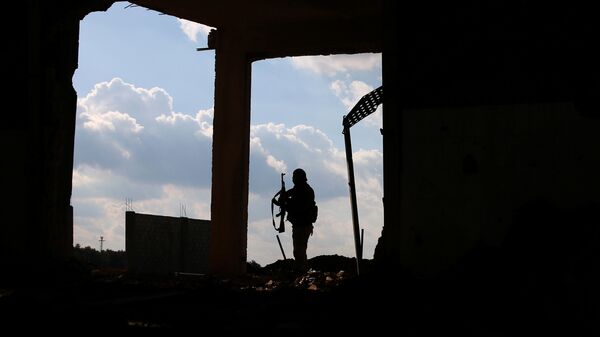The controversial document "does play into the agenda" of terrorist organizations like Daesh that are trying to appeal to "those who could be vulnerable to recruitment," the expert said. "It does create the big bad superpower [image] in the eyes of those who are susceptible to recruitment which could backfire."
On February 4, key parts of the executive order were blocked after the state of Washington filed a legal challenge. On February 9, the ninth circuit court of appeals upheld the temporary restraining order.
"A lot of the theory behind [this initiative] does work" because the countries on the list "do not have the capabilities within their own intelligence networks to be able to assist with the enhanced level of screening to ensure that those traveling to the US" do not represent a risk, the security expert explained.
Geddes further said that the measure was "in theory probably not a bad idea," but the way it was implemented was "shockingly bad" since many port of entries were unprepared to enforce it. He also pointed out that terrorists are likely to "adjust, adept and overcome various blocks and restrictions that are in place."
The security expert described the report as "a bit of fan faring in terms of potential risks," saying that it appears to be "more alarmist" that the way he sees the situation.
Have you heard the news? Sign up to our Telegram channel and we'll keep you up to speed!




